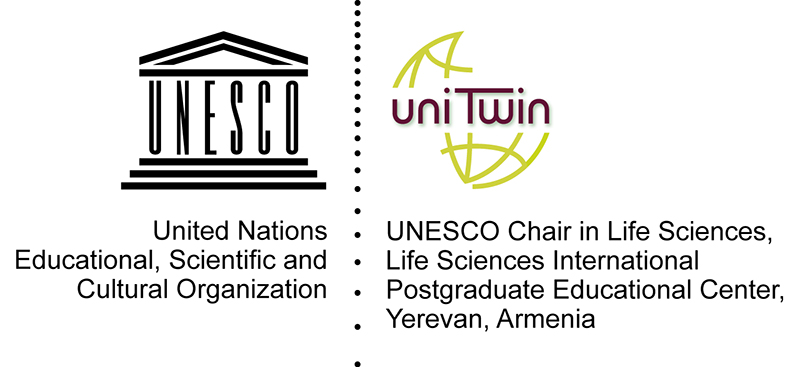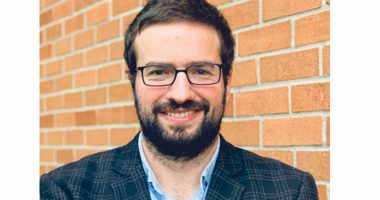At present, Armenia faces a number of economic and social issues, which can be solved through integration of All-Armenian national research and educational potential. Up to now, the Armenian government hasn’t had its National Research Council, which would be able to integrate the intellectual and financial potential of the nation and direct it to sustainable social-economic development. The research and educational system keeps being managed by FSU structure, which is inadequate for market economy and for Armenia with a small population, which is destructive for science development. Governmental and non-governmental supporting funds are not used properly with certain purposes. As a result of such a policy, we are dramatically losing our intellectual potential, which is, in fact, the main national resource and only by means of its proper handling, we can have a guarantee for increasing the international competitiveness of Armenia. In this respect, the integration of national research and educational potential with the international one is a real way to prepare specialists with modern scientific knowledge taking into consideration the social, economic demands of Armenia and Artsakh.
It is known that modern educational, research and innovation programs in biophysics, biotechnology and environmental health are extremely important for promotion of these disciplines in order to address current and future needs of science and education and provide sustainable social-economic development in developing countries, such as Armenia. With this aim, Life Sciences International Postgraduate Educational Center (Armenia) in partnership with Bogomoletz Institute of Physiology (Ukraine), Institute for Health and the Environment, University at Albany (USA), Graduate School of Biological Sciences of Southampton University (UK), Jamia Hamdard University (India), Cairo University (Egypt), UNESCO Chair on Interdisciplinary Research in Diabetes at University of Tehran (Iran), Istanbul Medeniyet University (Turkey), Stony Brook University (USA) has initiated the creation of “UNESCO/UNITWIN Interregional Network on PhD Education and Research in Biophysics, Biotechnology and Environmental Health” (Network), which has officially been approved by UNESCO .
The Network has a three-fold focus: a) research – for empowering research capacity, b) education – for improving PhD education, and c) innovation – for promoting innovation and exploitation of research results. This Network will allow to improve the level of PhD education in Life Sciences of participant countries and provide cheap and available education according to international standards in their home countries. The successful activities of the network in the context of research, education and innovation will attract regional and international universities, laboratories as well as stakeholders to collaborate, in this way, promoting relationship both at regional and international level.
This Network is an exceptional tool to preserve scientific heritage of Armenian Diaspora, particularly in the countries with ethnic and religious conflicts, as well as to promote science and education in Armenia, thus strengthening ties between Armenia and the Diaspora. We hope that we will be able to engage researchers and talented students both from Armenia and the Diaspora in the academic program of the Network, which will be a powerful tool to decrease the existing continuous brain drain and empower the national scientific potential in Armenia and the Diaspora. This Network could also have a great political significance from the perspective of softening relationship and developing friendship of Armenia with other countries.
Since there is a lack of governmental and international financial support for effective realization of the Network, we will still need supplementary assistance. The promotion of our core programs can be realized mostly by financial and technical (equipment, chemicals) contributions, though the professional participation of leading scientists in the educational and research activity of the network will also be very helpful.
In this aspect, we appeal to various national and international foundations and organizations and our colleagues both in Armenia and the Diaspora to support us for the successful implementation of the Network activities.
We believe that this can be successfully implemented through the joint efforts of stakeholders, individuals and organizations of both Armenia and the Diaspora, which are interested in promoting scientific technology in Armenia and Artsakh.
Prof. Sinerik Ayrapetyan
Head of “UNESCO/UNITWIN Interregional Network”
Coordinator of UNESCO Chair on Life Sciences at LSIPEC,
Member of the Scientific Committee for Natural Sciences at UNESCO










